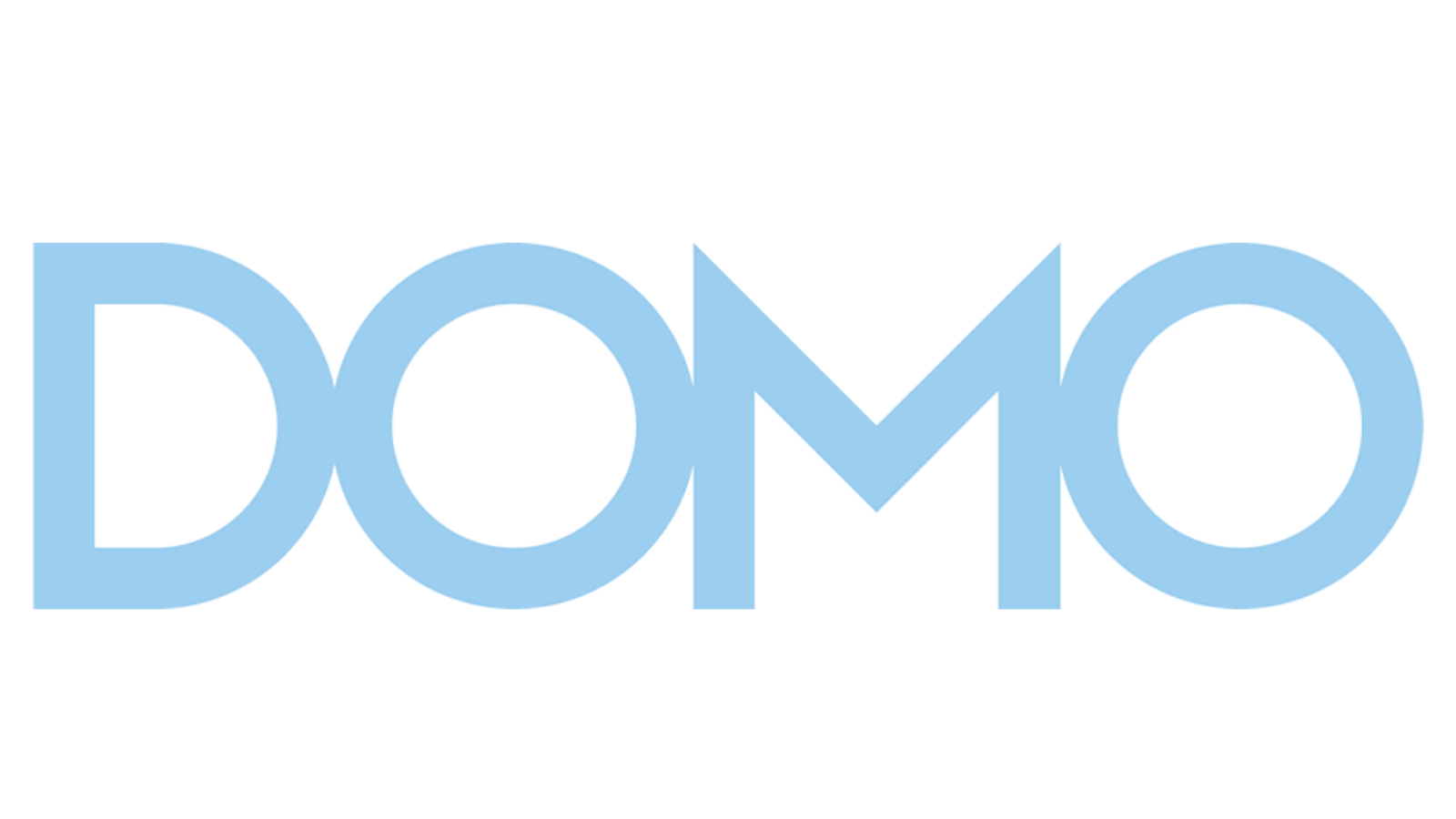Tell us how you came to be the CEO at Tiliter.
Tiliter has founded in a garage a little bit over 3 years ago. One of the great things about starting a company with close friends is that the ego is left behind. It was clear that the 3 of us wanted to build something huge, a company that changes the way items are identified across different industries. This is a momentous task, and we came quickly to the realization of how our start-up should be structured in order to maximize our chances.
What are some of the industrial sectors that Tiliter caters to?
Right now, we are focused on retail and enhancing the customer experience, from when they enter the store until the end of checkout. Product recognition can be applied across nearly all industries and we want to be the go-to enabler of Computer Vision/ AI in the commercial field. We are a product-driven start-up and currently working towards an AI platform that allows companies across different sectors to solve problems by utilizing our algorithms and deployment options.
What are some of the common challenges customers approach Tiliter with?
Insight of data captured in real-time happens is one of the challenges everyone wants to be solved. ROI analysis depends very much on the customer, some will lean towards enhancing customer experience rather than accuracy or versatility over speed. As a start-up, there is a fine line between customization vs. scalability.
What are some of the unique lessons you have learned from your customers being the CEO of Tiliter?
Your customers will sometimes see your products as a black box. Your job as CEO is to take all worries away from your customer. Articulate the problem your customer is facing and how you solve it, your business model, and how working together will positively affect their business over time without overcomplicating and potentially scaring off your customer.
What are some of the distinctive features of Tiliter products that differentiate you from your competitors?
We started out by knowing that it would be incredibly hard to run scalable recognition software across the world without first having access to millions of images. In order to overcome this challenge, we needed an approach where additional categories of data (images) could be collected within minutes rather than relying on store data as one of our distinct advantages. Another is using simulation processes for plastic bags/ nets, sticker detection, etc. to increase the datasets artificially without needing access to data in stores. Our products are out of the box and don’t need to be trained for a specific store.
Can you give us a sneak peek into some of the upcoming product upgrades that your customers can look forward to?
We will be offering customers the ability to train their own machine learning models and deploy these to live systems. All of this including extensive data analytics will be available via our AI platform.
What is that one quote that has stayed with you throughout your professional life?
If you’re going to eat shit don’t nibble. – Ben Horowitz. Definitely resonated with me throughout my start-up journey.
| Marcel Bio | Marcel Herz is Co-founder and CEO of Tiliter. As an engineer and transformational thinker, he imparts his technical knowledge alongside his vision for the product and the company. |
| Bio of Tiliter | Tiliter is a Sydney based Tech Start-Up that makes software for retail that uses computer vision to recognize products without barcodes. Tiliter’s early adopters are in grocery. By modestly retrofitting existing checkouts, Tiliter’s software helps grocers eliminate packaging to reduce plastic and theft while enhancing productivity and customer experience. The Tiliter Vision software implements the latest in artificial intelligence to automatically identify objects. We are using machine learning and data analytic algorithms to disrupt industry practices and create the future now. Tiliter is the world’s most flexible and accurate identification system. |







